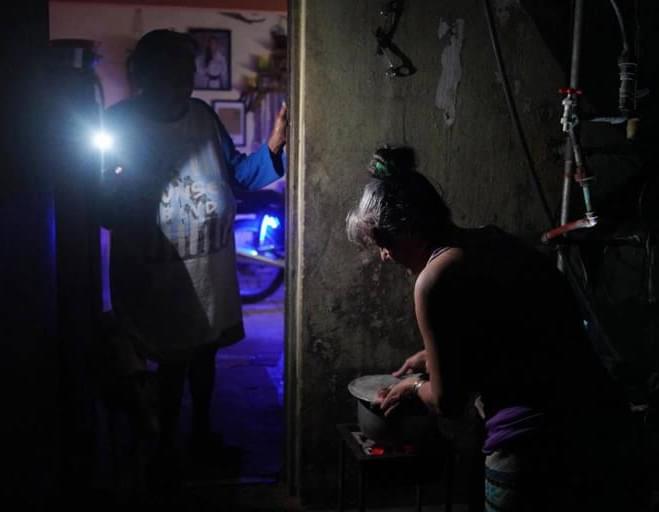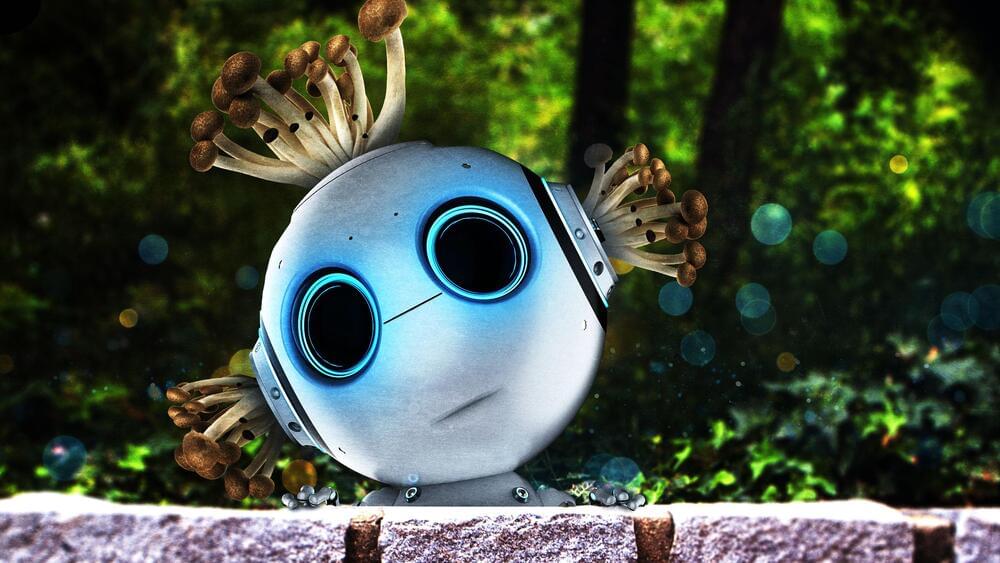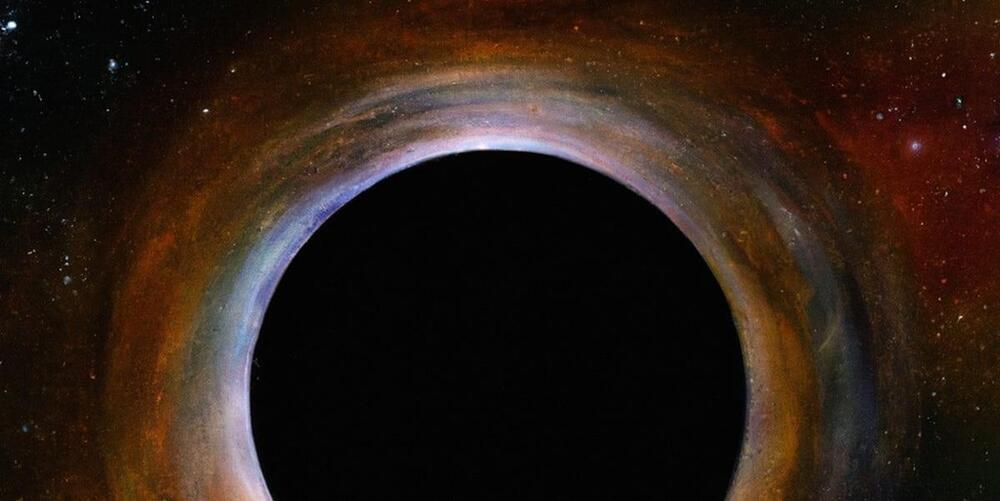The eROSITA survey detected more than 170 million X-ray photons in just 6 months.
Astronomers have created the largest and most detailed X-ray map of the universe, revealing more than 900,000 deep-space objects. This map was produced using data from the eROSITA All-Sky Survey, an ambitious mission that scanned the sky between December 2019 and June 2020, detecting more than 170 million X-ray photons. These findings, including over 700,000 supermassive black holes, galaxy clusters, and other exotic objects, mark a significant leap forward in X-ray astronomy.
The eROSITA Mission The eROSITA X-ray telescope, managed by the Max Planck Society, aimed to capture a complete X-ray survey of the sky. Over six months, the survey gathered an unprecedented amount of data, identifying nearly 900,000 distinct celestial objects. This figure exceeds the number of sources detected by NASA’s Chandra and the European Space Agency’s XMM-Newton X-ray telescopes over the past 25 years combined.





